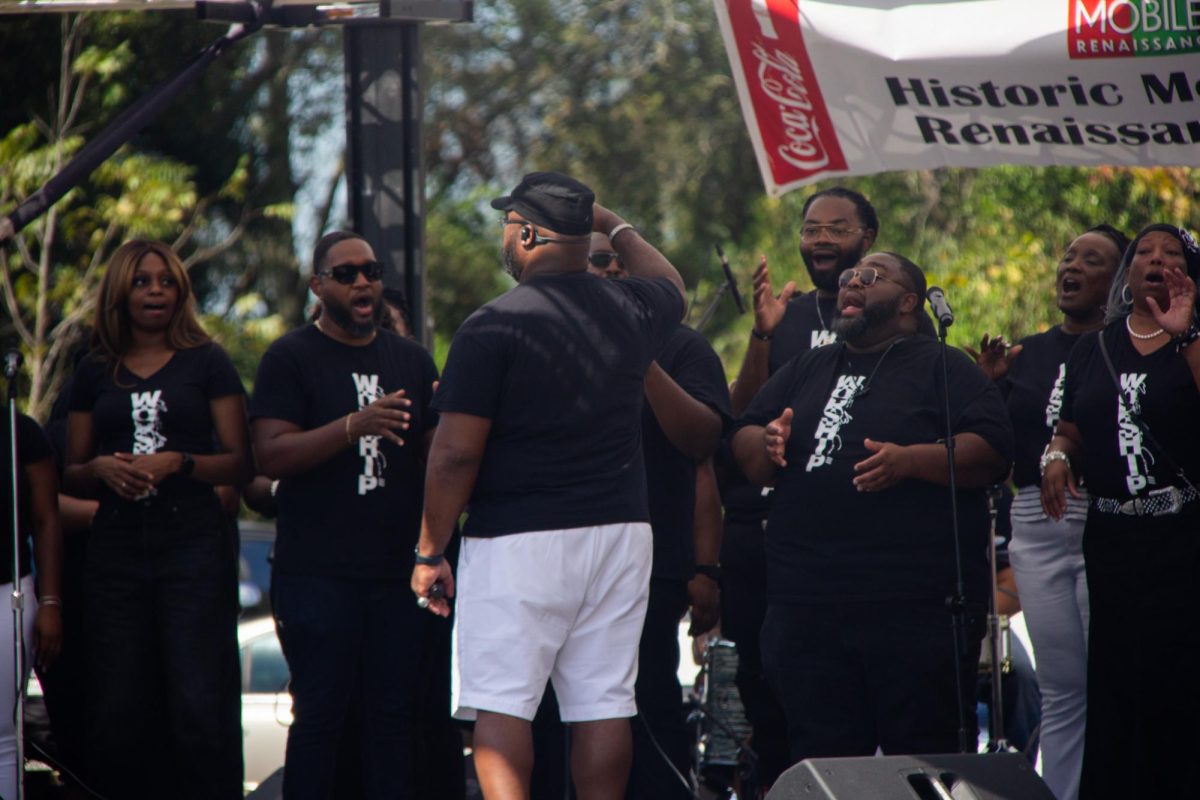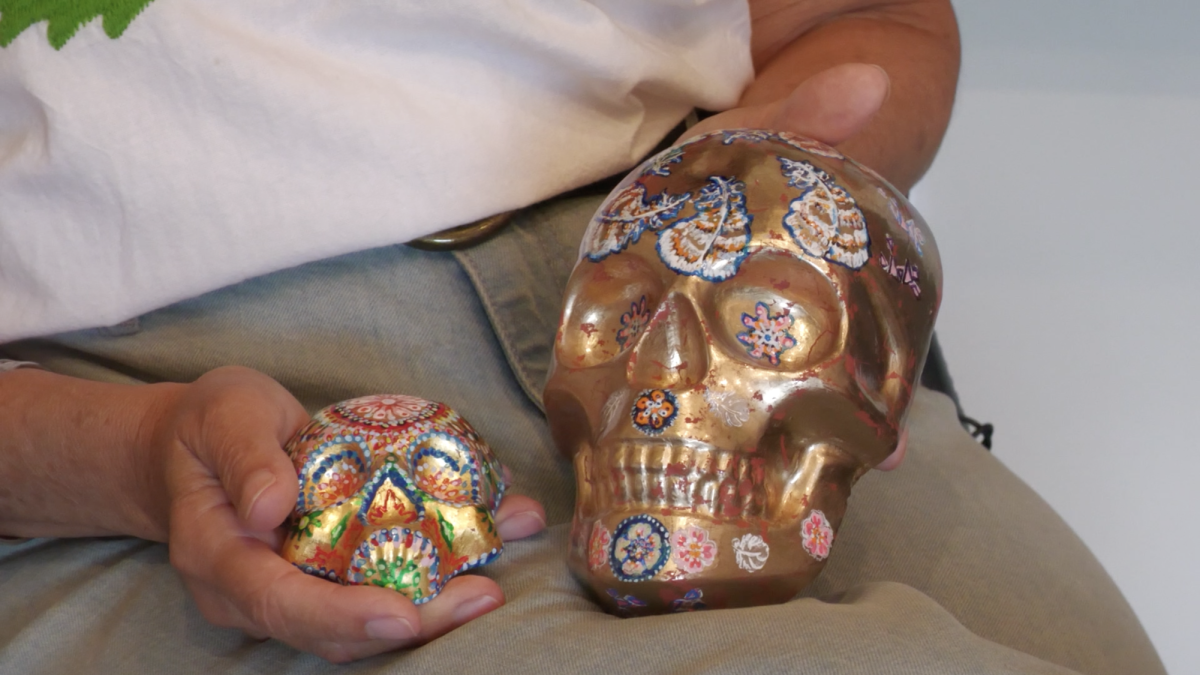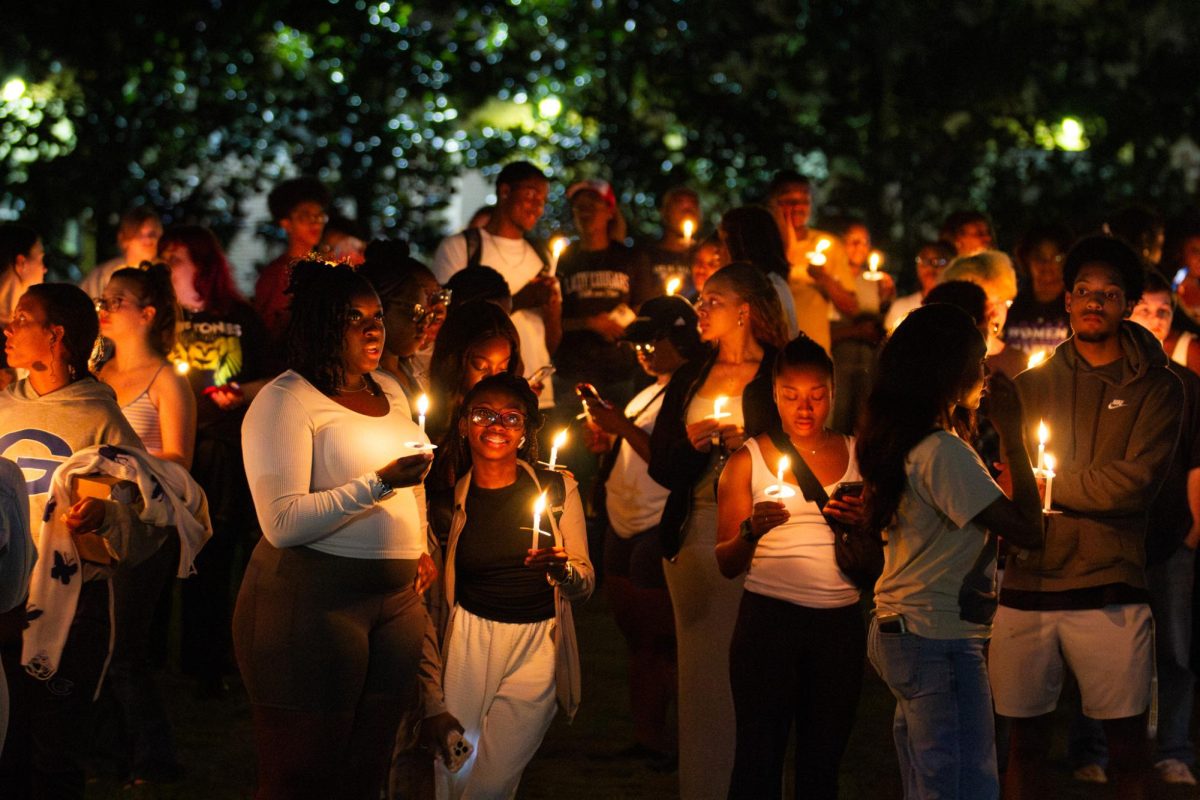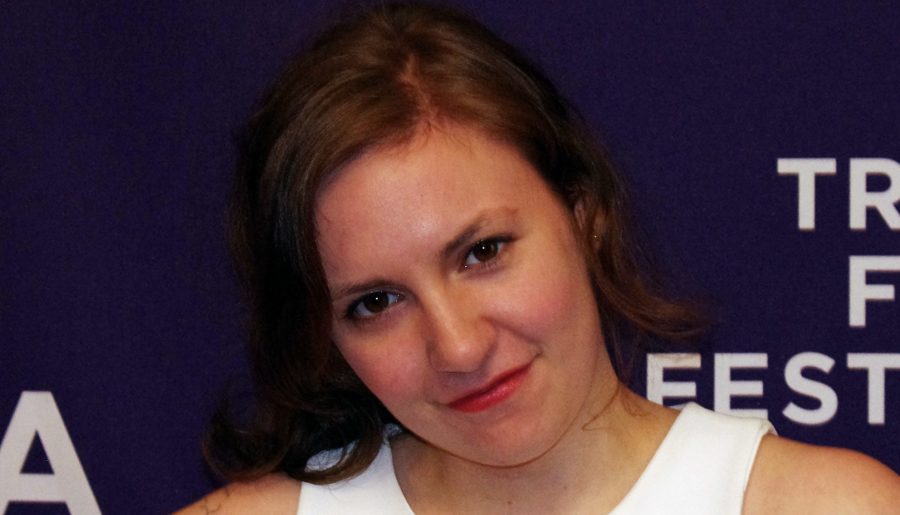In a recent Lenny Letter interview between herself and comedian Amy Schumer, actress Lena Dunham randomly expressed her dissatisfaction when New York Giants player Odell Beckham Jr. did not objectify her at the Met Ball in May this year.
Dunham said she could read Beckham’s mind when he glanced her way.
“He was like, ‘That’s a marshmallow. That’s a child. That’s a dog,’” Dunham said.
She implied Beckham wouldn’t want to engage in sexual relations with her because she was wearing a tuxedo and a bowtie and ended the conversation by saying, “This should be called the ‘Metropolitan Museum of Getting Rejected by Athletes.’”
After backlash, she issued an apology on Instagram, blaming her insecurity as the main cause of her actions.
While Dunham owning up to her mistake can be appreciated, she sent a confusing message as a self-proclaimed feminist. For years feminist women have fought to be thought of as more than subjects for the male gaze. They have fought for things such as women’s suffrage, reproductive rights and the abolition of traditional gender roles. So Dunham falsely crying “misogyny” is embarrassing to members of the feminist movement who want to be taken seriously.
However, this is not the first time that Dunham has been criticized for her mainstream white feminism.
Loosely defined, white feminism puts the needs and wants of queer or straight white women above those who are women of color. Dunham’s popular HBO series “Girls” takes place in New York City, and in Dunham’s version of New York, there are rarely any black people or other minorities present.
After pressure from the public to increase diversity, Dunham cast Donald Glover as her character’s conservative black boyfriend in season two, rendering Glover a token and quick fix to up her diversity quota rather than a substantial character.
In an interview with NPR, Dunham cited authenticity to her life as the main reason for her lack of diversity, claiming that she wanted “to avoid rendering an experience I can’t speak to accurately.” It’s understandable, but she missed the perfect experience to include writers of color. She definitely could benefit from hiring a few new writers, Lesley Arfin, one of her white writers, tweeted, “What really bothered me most about Precious was that there was no representation of ME.”
Even though Dunham wasn’t behind the tweet, Arfin’s association with her links her to ignorance about the significance of minority representation. The audience can infer that Dunham doesn’t care to learn more about intersectional feminism – the inclusion of men and women from all cultural, religious, sexual, class and ability backgrounds.
In addition, Dunham’s white feminism has made her reckless. After the release of her memoir “Not That Kind of Girl” in 2014, Dunham disgusted many with a story about her younger sister Grace.
In an excerpt, she writes, “One day, as I sat in our driveway in Long Island playing with blocks and buckets, my curiosity got the best of me. Grace was sitting up, babbling and smiling, and I leaned down between her legs and carefully spread open her vagina. She didn’t resist and when I saw what was inside I shrieked.”
When Dunham was accused of molesting her sister, she dismissed the claims, stating in a tweet that she simply told a story about being “a weird seven year old,” going on to imply that everyone has a story like that.
I’ll admit that when I initially heard her response, I thought she had a point. Sure, we all did weird stuff as children like eat glue, color on the walls and play in the toilet, but most of us weren’t curious enough about each other’s private parts to help ourselves.
The fact that Dunham thought to add the story in her memoir was self-sabotage, for it definitely wasn’t the funny anecdote she aimed for. Instead of using the story to reflect on her childhood mind’s ignorance of consent and personal space, she used predatory language when stating that her sister “didn’t resist.”
I haven’t trusted her since that controversy and try to skip articles mentioning her.
I would love to say Dunham went too far this time, but she’s overstepped true feminist boundaries multiple times. The main reason her story with Beckham is so relevant now is because she angered the black community, who, due to current national racial tensions, has been quick to support black men.
Dunham pouting about not being objectified by Beckham makes no sense. Women get (rightfully) angry about being catcalled and oversexualized by men, so one would think that not having those problems would be nice for a change – not to say that men should be praised for acting decently, but it certainly shouldn’t be looked down on.
We could easily dismiss the situation as Dunham being insecure, but the situation is deeper than that. Dunham complaining about Beckham’s disinterest reminds me of the history of black boys and men being killed for looking a white woman’s way. History has proven that black men have to be especially cautious of their actions and how they will be perceived.
Interestingly enough, after saying that she would never want to “intentionally contribute to a long and often violent history of the oversexualization of black male bodies,” she tweeted about her desire to dance with black actor Michael B. Jordan: “I’ll try and dance myself onto @michaelb4jordan if I have the chance, even when I’m a married grandma. I’m a red blooded str8 woman!”
Clearly, Dunham doesn’t take criticism to heart as much as she says, and maybe it’s because she knows she will continue to get away with it, white privilege still intact.

























